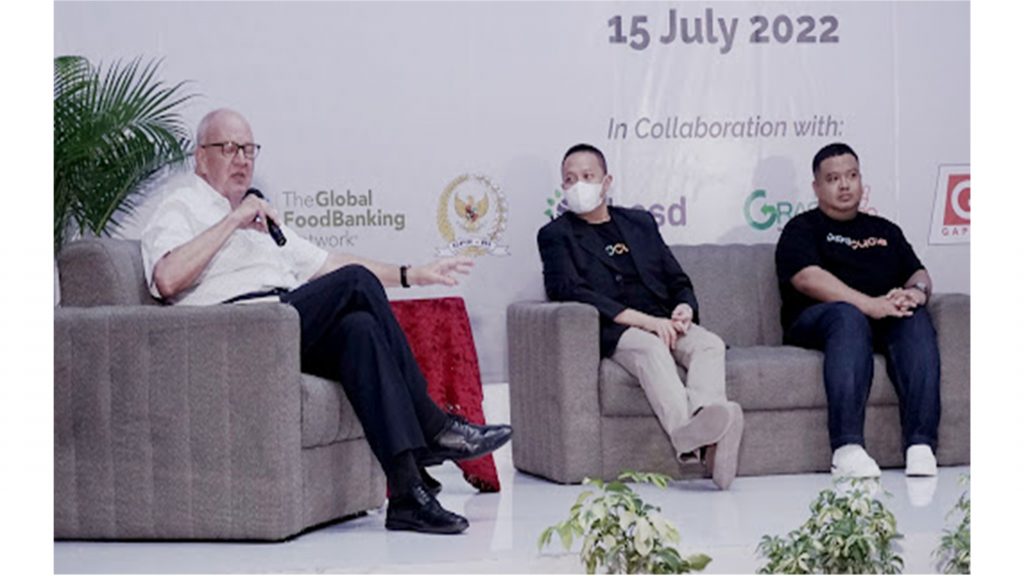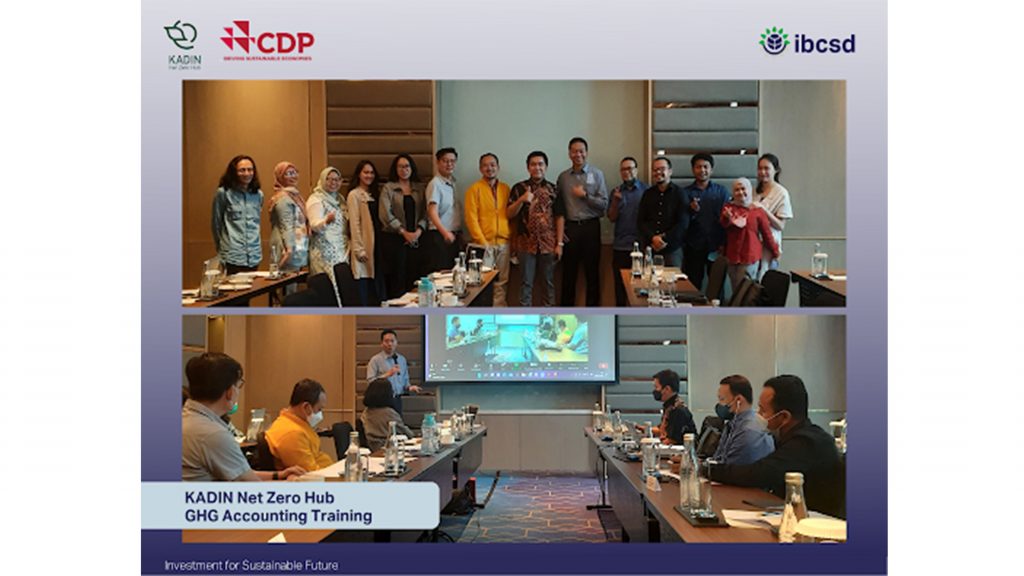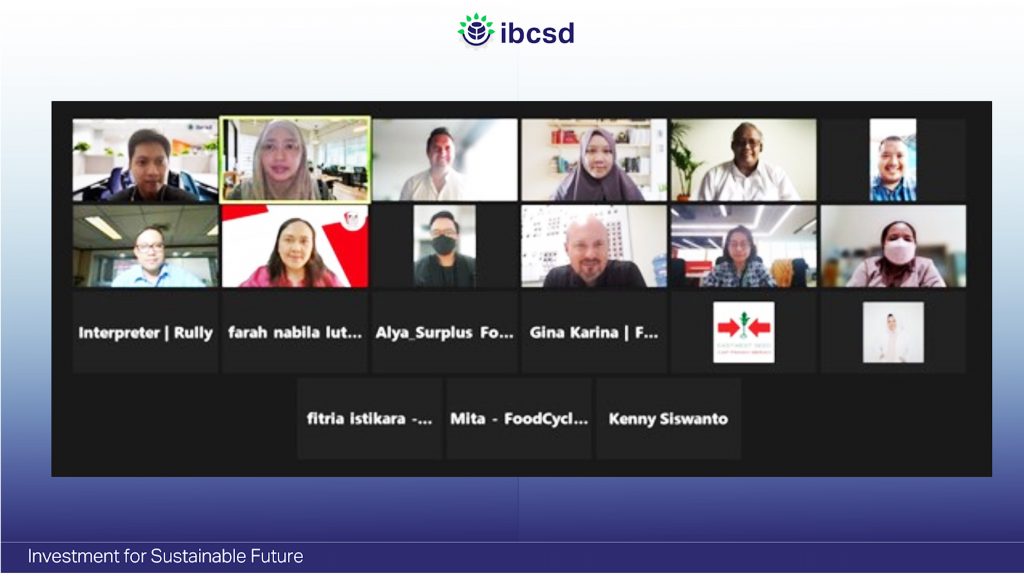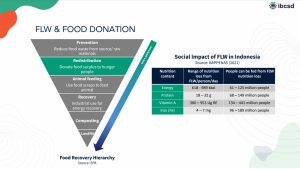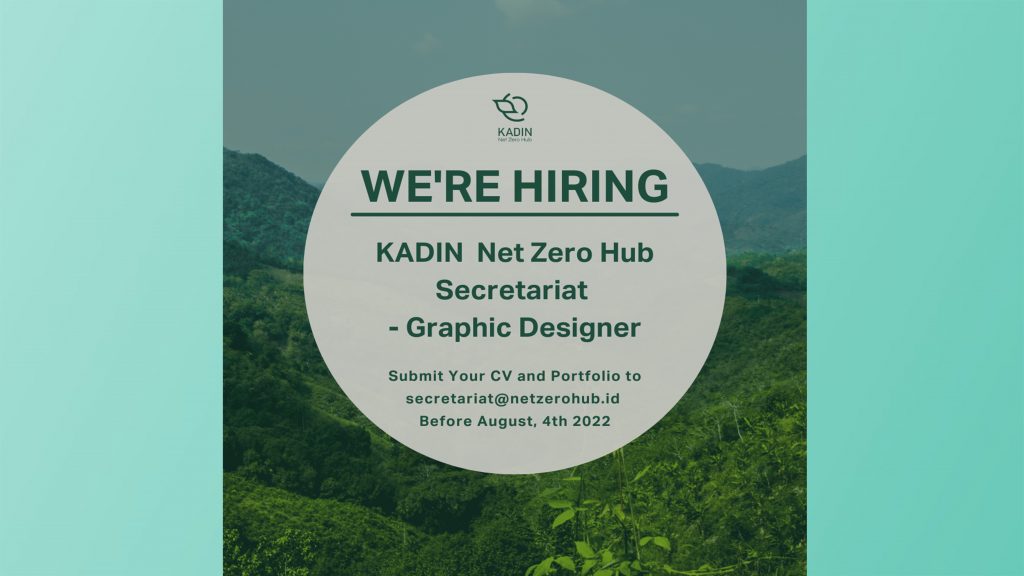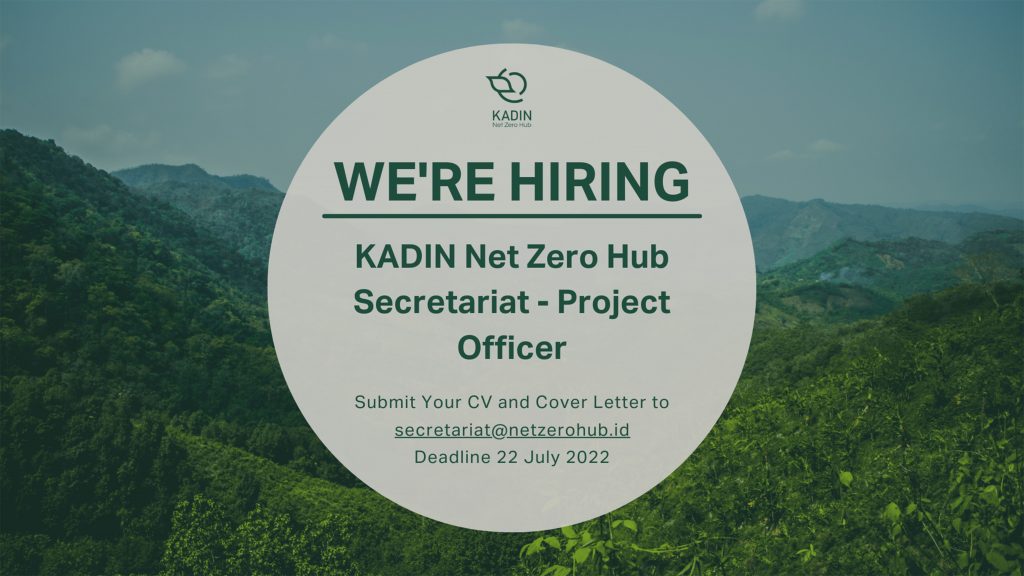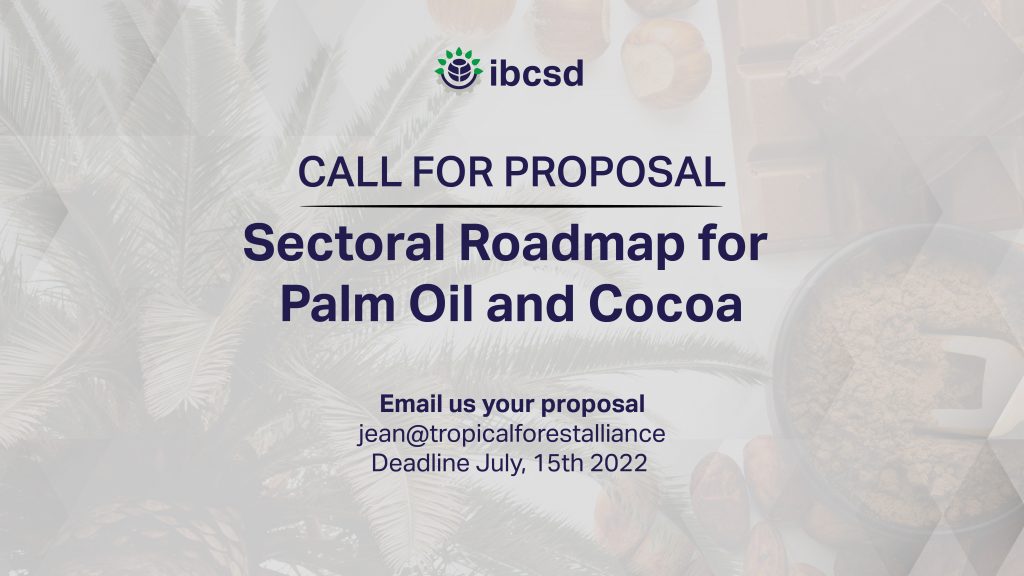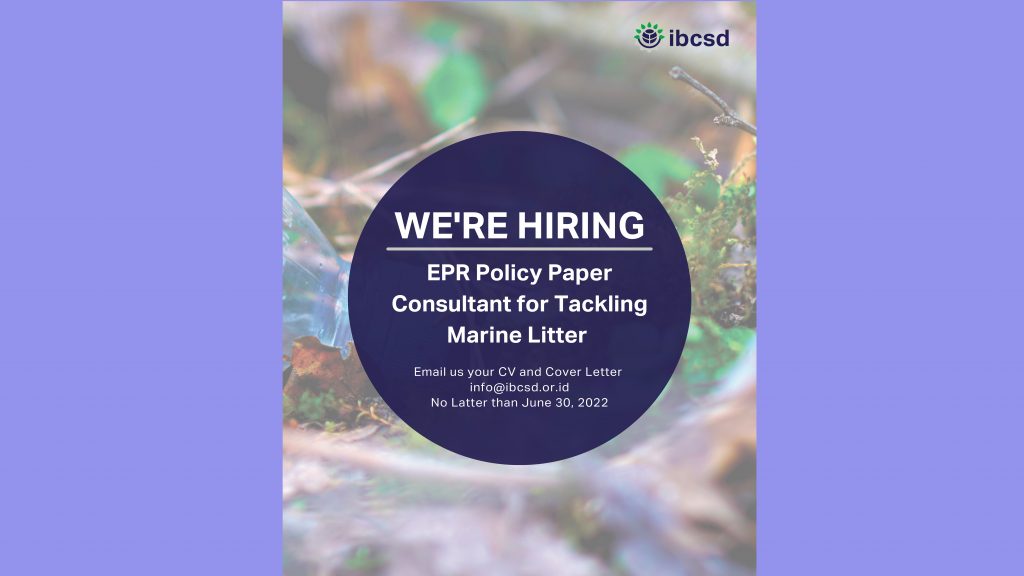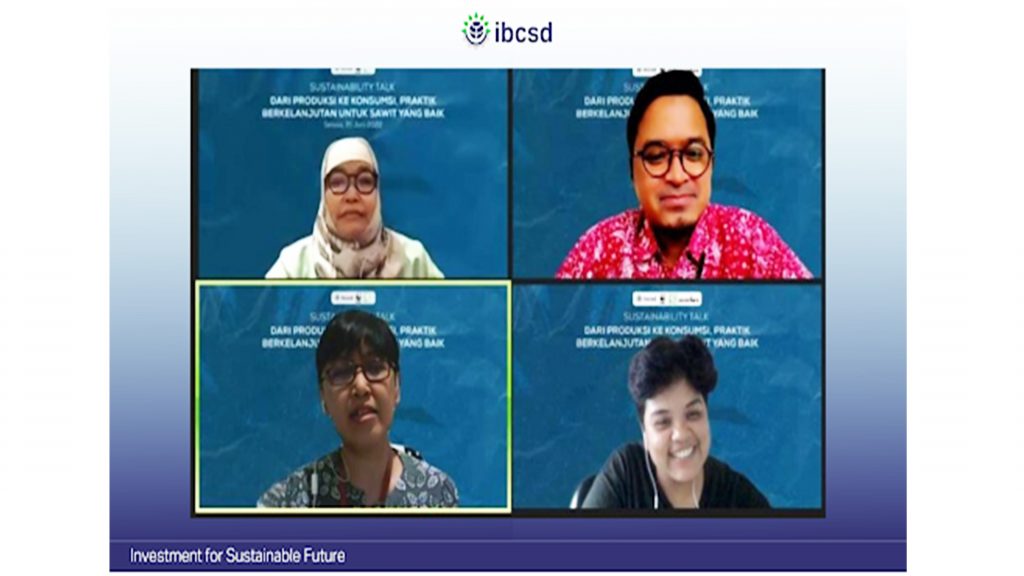
PRESS RELEASE Multi-Party Collaboration From Production To Consumption Towards Sustainable Palm Oil Practices
“Sustainability commitments need to be adjusted to the conditions of the present in a broad context where, in practice, it can encourage producers to offer product options from sustainable sources with an emphasis on environmental preservation, followed by education and campaigns on the use of sustainable products. in order for customers to purchase goods whose origin may be verified and certified.” explained Aditya Bayunanda, Acting CEO of WWF Indonesia during the Sustainability Talk webinar on June 21, 2022 in Jakarta which discussed sustainable palm oil practices among representatives of the business world, associations, and civil society organizations. This discussion forum was organized by the Indonesia Business Council for Sustainable Development (IBCSD) and WWF Indonesia as part of the Green Lifestyle program which aims to encourage collaboration and stakeholder contributions to achieve sustainable production and consumption.
The increase in domestic demand for CPO needs to be balanced with attention to environmental, social and governance (ESG) aspects to ensure sustainable management, especially from the production side. M. Windrawan Inantha from the Roundtable on Sustainable Palm Oil / RSPO added, “We see that in forming a market for a sustainable product, by bringing together needs and demands, it is a shared responsibility from the producer and consumer side. RSPO provides easy traceability of palm oil products through certification in the palm oil supply chain from upstream to downstream”.
The implementation of sustainable palm oil production practices in Indonesia is aligned with the country’s G20 presidency, which has made encouraging sustainable investment one of its top priorities for encouraging sustainable governance across all business activities. Arya Kusumo from PT Lion Super Indo said in a statement indicating that the company supports this effort, “We see that the application of sustainable practices is a broad and dynamic matter, but we are trying to learn and be part of the process of change toward good production that is supported in a collaborative ecosystem have the same goal.” Attention to sustainable palm oil products has also begun to be shown by the service and lodging sector where during the discussion forum, Kartika Aryani from Alila Hotel Solo said, “We are open to continuing to seek hotel amenities that use sustainable palm products and in general we are also trying to implement our commitment to sustainable palm oil products. sustainability in hotel operations.”
MSME actors have also been interested in the procurement of sustainable products. Nasi Peda Pelangi owner Nadya Pratiwi stated that “Buyers of our food and beverage products learn to recognize the origin of the products they consume, especially those produced from something good such as organic, not damaging the environment and others. It’s possible that in the future our customers will discover that the food they eat is produced using ethical standards for palm oil.” Customers are becoming more conscious of the importance of using environmentally and socially responsible products. During this discussion forum, musician and Earth Volunteer Nugie said, “My hope as a consumer representative is to find quality palm oil goods that are certified and at an affordable price. The action of being aware of the environment can then be taken by beginning with yourself and thinking about the impact we are having on the planet.”
— Done —
About IBCSD
The Indonesia Business Council for Sustainable Development (IBCSD) was established in April 2011 and is an association consisting of a collection of companies and is an initiative led directly by the CEOs of each member company. This association has a legal basis in Indonesia which is committed to promoting sustainable development through prosperous economic growth, maintaining ecological balance and encouraging social development. The aim of IBCSD is to lead the business world, as a catalyst for change towards sustainable development and support business licenses to operate, innovate and grow on a global scale that is formed in line with the issue of sustainable development.
About WWF Indonesia
WWF Indonesia Foundation has a vision for conservation that is in line with the Sustainable Development Goals and contributes to sustainable development in Indonesia, with a focus on equitable natural resource management to ensure future conservation benefits. To realize this vision, the WWF Indonesia Foundation has set a mission to realize just and sustainable management of ecosystems and Indonesia’s biodiversity for the welfare of the Indonesian people.
For more information, please contact:
Farah Nabila Luthfiyya – Communication IBCSD
[email protected] / [email protected]
